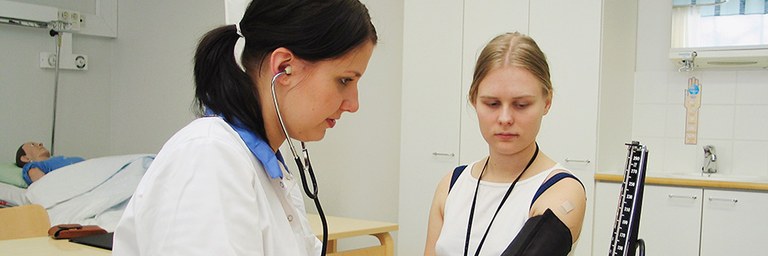Education and the world of work

- What kinds of competencies are needed for success in the world of work?
- How competencies should be enhanced in the changing world of work?
- How to support development of skills and competencies that enable productive and innovative participation in the world of work and society?
The types of basic skills required in working life are changing all the time, which calls for further development and supplementation of existing labour force competencies. The skills to be developed include, for example, cooperation and networking between different professional groups as well as technological competence and problem-solving skills. The keywords here are readiness for changes and lifelong learning.
A highlighted theme in this research domain is the interaction between education and work in the development of competencies. Research targets include, for example:
- cooperation between education and workplaces;
- learning at the workplace;
- identification and recognition of the competencies acquired;
- pedagogical development for the interfaces of education and working life
- the competencies and competence needs of youth and adults;
- vocational education and training
- lifelong guidance;
- technological challenges and possibilities;
- individualisation of learning activities and guidance to support learning;
- didactic solutions to support adult learning;
- individuals’ study and work careers.
Research projects in this domain are carried out in cooperation with higher education, upper secondary education (especially VET), adult education and in-service training, as well as working life organisations. The resulting knowledge benefits decision-makers, workplaces and education providers as well as individual teachers, learners and workers.